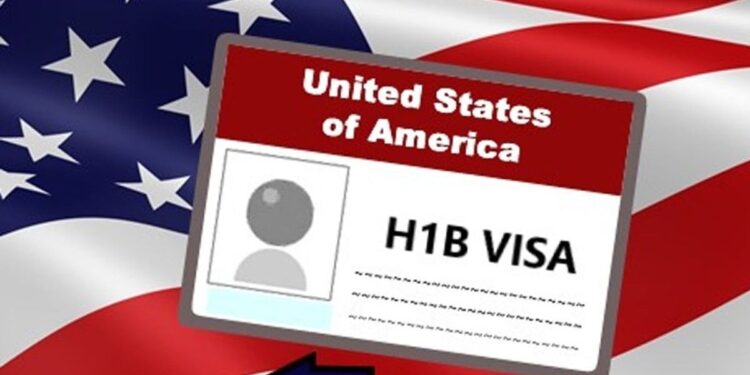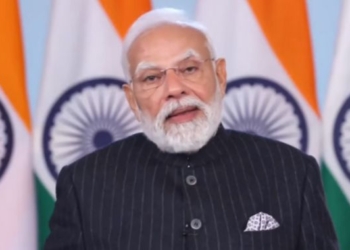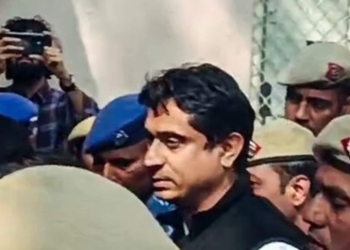US President Donald Trump’s recent announcement of a $100,000 H-1B visa application fee has sent shockwaves through the tech and business communities, potentially crippling the H-1B programme. The move disproportionately impacts Indian professionals, who make up the majority of H-1B visa holders, and adds new tension to US-India relations.
H-1B Visa Fee Higher Than Annual Salaries
The new six-figure application fee exceeds the median annual salary of a fresh H-1B employee and surpasses 80% of the average salary of all H-1B visa holders. According to a 2025 report by the US Citizenship and Immigration Services (USCIS), the median wage for initial H-1B employment is $97,000, while continuing H-1B holders earn around $132,000 annually. This makes the visa fee almost equivalent to a full year’s wages for many applicants, effectively discouraging filings.
Massive Impact on Indian Professionals
India has historically dominated the H-1B programme. Of the 399,395 H-1B visas approved in 2024, approximately 71% were granted to Indian nationals, far outpacing China at 11.7%. With such high dependence on Indian talent, the new visa regime is expected to affect the Indian diaspora in the US more than any other nationality.
Trump Administration’s Rationale
The White House has justified the fee as a measure to curb abuses of the H-1B programme. Trump has accused IT firms of using the system to replace American workers with lower-paid foreign labor, calling it a national security threat. The administration has also introduced a “gold-card” visa scheme, allowing individuals or corporations to pay $1 million or $2 million (roughly ₹9 crore and ₹18 crore) for expedited US visas.
Industry Concerns
Analysts warn that the exorbitant fees could render the H-1B programme practically unworkable. “For someone seeking their first H-1B employment, the visa fee now exceeds the annual wage, making it unlikely applications will be filed,” noted immigration experts. Major tech firms, which rely heavily on Indian talent, are bracing for disruptions in staffing and project timelines.
Broader Implications for US-India Relations
The new visa fee, alongside previous trade measures like 50% tariffs on Indian exports, adds strain to bilateral ties. Industry observers say the fee could discourage talent mobility and hurt the US technology sector, while also fueling diplomatic friction with India, the country most reliant on the H-1B programme.





























